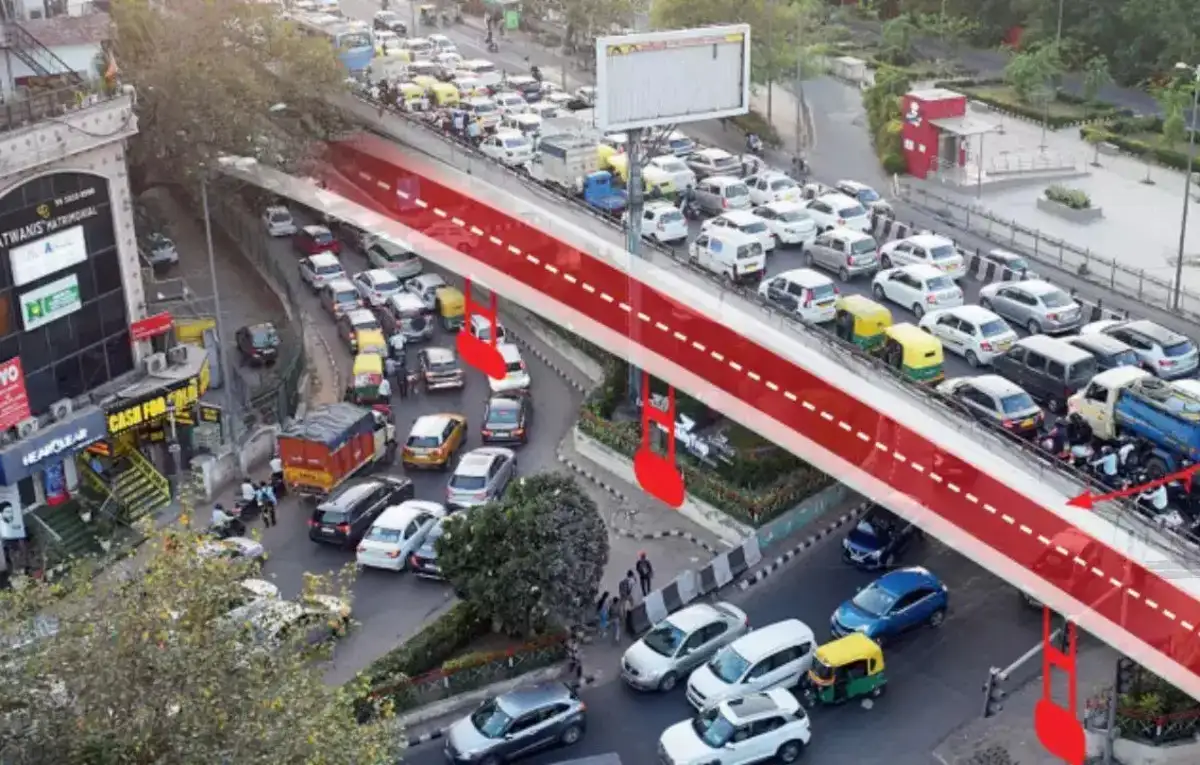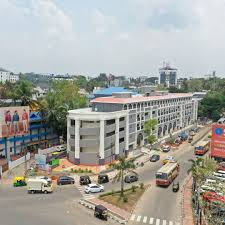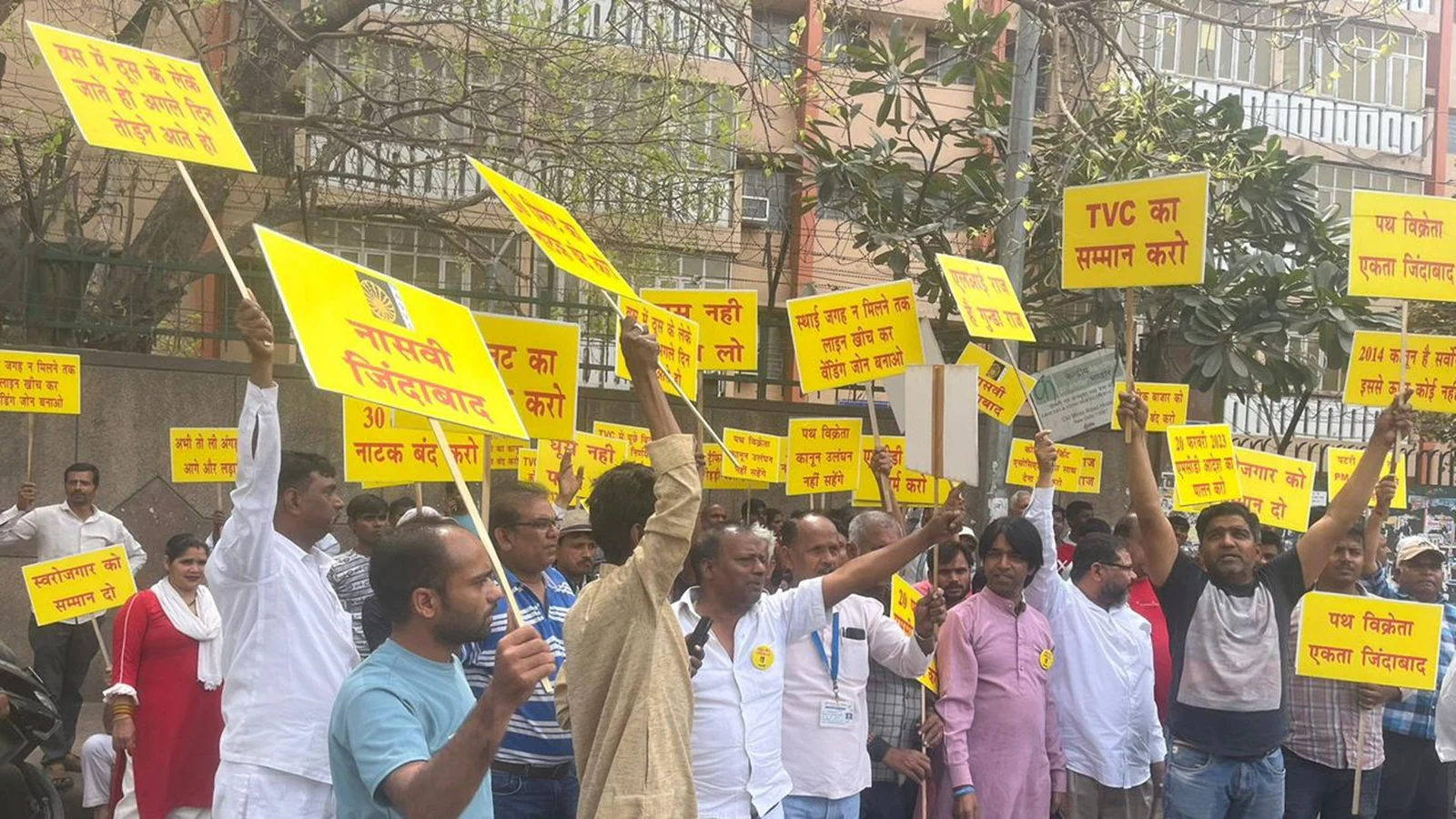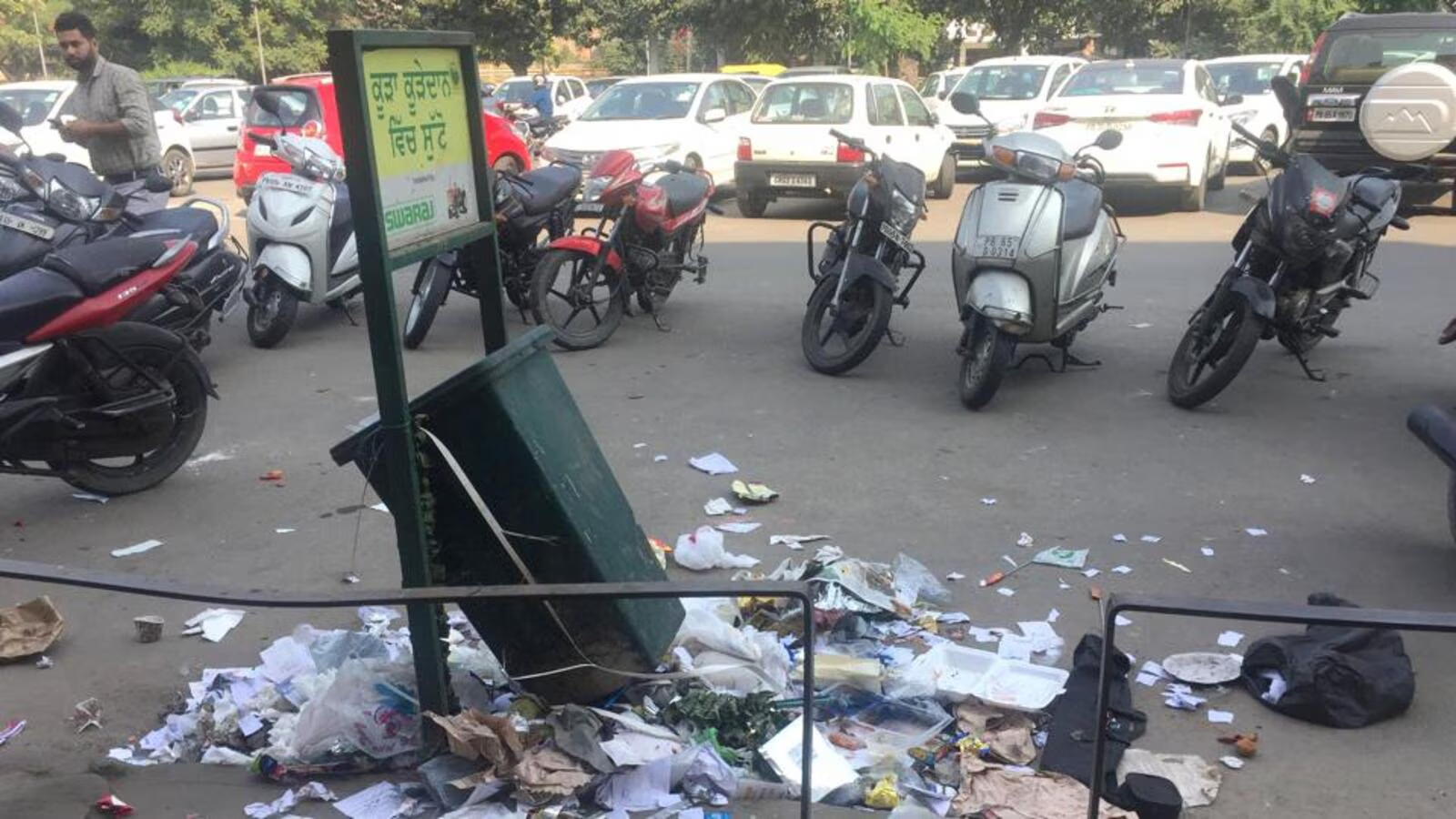New Urban Traffic Plan Reshapes India’s Morning Commute
In a bid to decongest peak hour city traffic, municipal authorities in major Indian metros have implemented new traffic management plans that are reshaping daily commutes. Delhi, Mumbai, and Hyderabad have rolled out synchronized signal timing, one way routes, staggered office timings, and dedicated bus lanes during morning hours. The result has been a 15 25% reduction in commute time across high density corridors such as Delhi’s Ring Road and Mumbai’s Western Expressway. Real time data from Google Maps and traffic sensors are being used to dynamically adjust signal lights and reroute flow based on congestion. Public transport ridership has also seen a boost due to faster dedicated lanes and mobile ticketing. Schools and large office campuses have been encouraged to adopt flexible timing to spread traffic volume. Traffic police have increased patrols and removed over 2,000 encroachments across key intersections. While the transition has caused some initial confusion, commuter surveys indicate growing satisfaction. Authorities plan to integrate AI based traffic flow predictions and EV prioritized lanes in the next phase. The initiative aligns with broader efforts to create efficient, sustainable, and stress free urban mobility systems.






 Civic Repair Delays Spark Frustration Across Indian Cities
Civic Repair Delays Spark Frustration Across Indian Cities  Global student climate strike calls for immediate emissions reduction
Global student climate strike calls for immediate emissions reduction  Back‑to‑school spending in U.S. likely to drop amid economic uncertainty and tariffs
Back‑to‑school spending in U.S. likely to drop amid economic uncertainty and tariffs  AI in Indian Classrooms
AI in Indian Classrooms  Skydivers chase world record
Skydivers chase world record